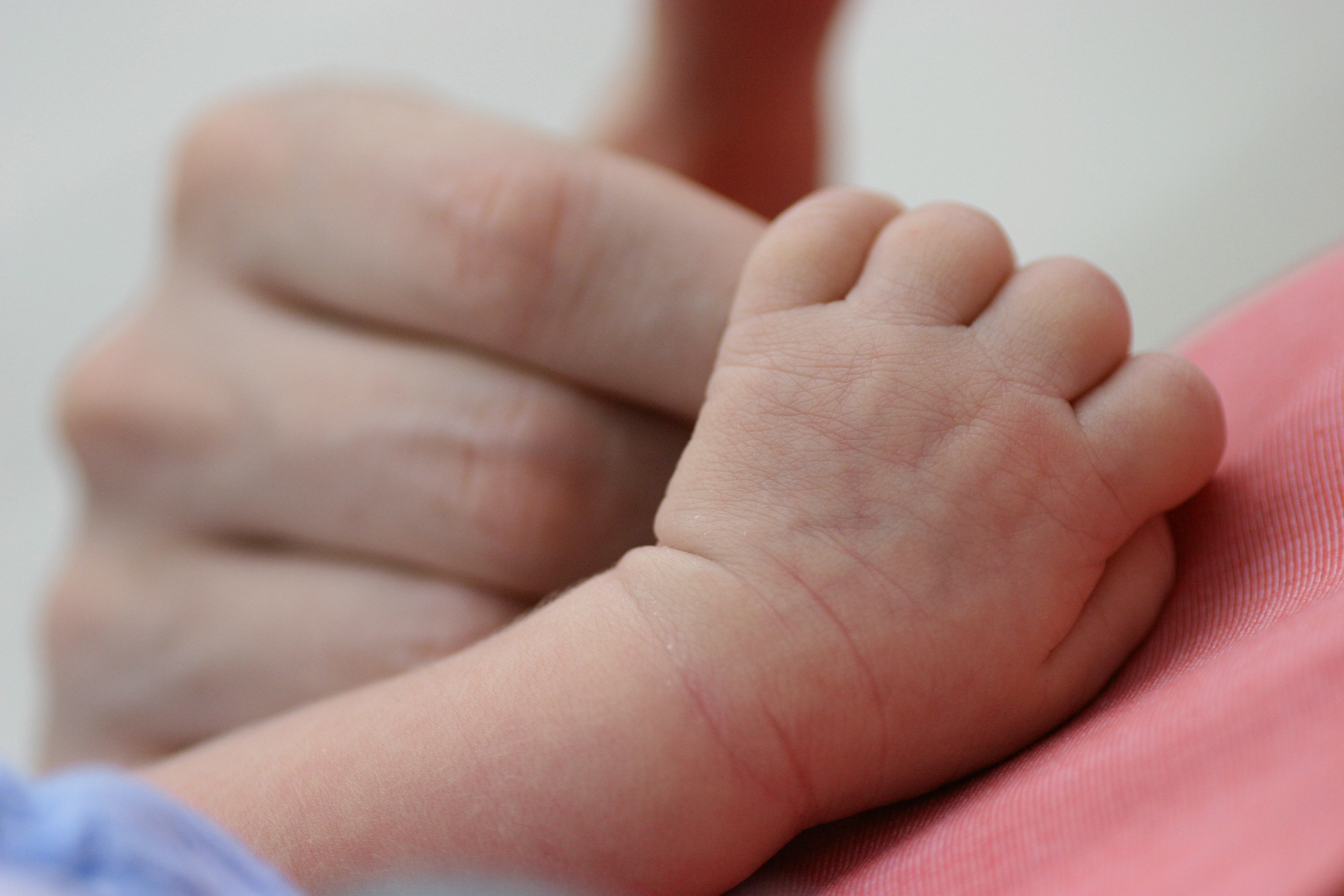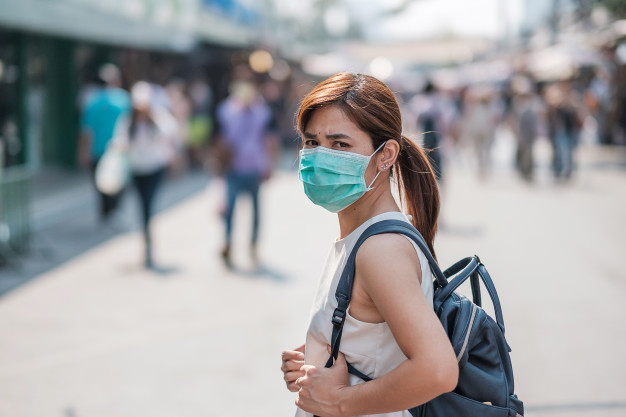Touch denied
2020/11/10 Galarraga Aiestaran, Ana - Elhuyar Zientzia Iturria: Elhuyar aldizkaria
Published in Berria on 6 November 2020
 400
400
Touch is the first sense we use when we reach the world and the last when we leave it. However, COVID-19 has brought great limitations to touch and touch others, and many of us find it hard to resist without hugs or caresses.
However, there are those who have thanked that the farewell away has become a norm, many of them women. And it is that touching one another can also be a gesture of power and violence.
But, in general, playing is essential in the care, both to provide basic attention (to clean, dress...) and to communicate (I am with you), and to care for the emotional aspect (to relax, to comfort, to express love...). In many cases, the effect is manifested in more than one aspect, as, for example, studies show that the benefits of therapeutic massages are not only a consequence of the movements and pressures that are made, but also of contact with the skin.
The skin is the sensory organ of touch. It surrounds the entire body in layers with thousands of differentiated receptors to detect certain characteristics of the medium: pressure, temperature, vibration, hardness or flaccidity, softness or roughness, pain and pleasure. Thus, it provides essential information for survival by warning the nervous system of dangers.
It is also said to have memory. In fact, we collect our vital experiences through the skin and through it they reach the brain to complete our personality. Several studies published in the 1990s showed the importance of touch in human development. They were children of several Romanian orphanages. Since their birth they hardly received human contacts; subsequently they suffered lack of intelligence and alterations in behavior. In the case of older people, touch is also fundamental; people with close relationships have more hope of life than those who live in solitude.
From a physiological point of view, contact with the skin can cushion the heart beat and decrease blood pressure and levels of the cortisol hormone, all of them stress indicators, both in children and adults. In turn it secretes the hormone oxytocin. This hormone, called the "hormone of love", produces well-being, peace and attachment to others. It is therefore fundamental for social development. Oxytocin also has the function of uniting what is perceived by other senses and, therefore, also participates in the perception of one's existence.
For Laura Crucianelli, neuroscientist at the Karolinska Institute, touch is a type of language. From the beginning of life, we use it to communicate and to know others our emotions. For example, we are able to distinguish whether a particular touch is a caress or a cold warning. The experiments carried out by Crucianelli have concluded that the time and speed of touch are key to this: the long and slow touches were considered lovers by the participants, despite being issued by a stranger and vice versa; the short and fast touches did not provoke any emotion, they were not even made by a loved person. On the other hand, those affected by a cerebral zone, the insula, have difficulties to differentiate the loving tacts and to perceive their existence well.
In recent years, great technological advances have been made to help restore meaning to people who have lost their touch due to illness or accidents. Through electronic patches, contacts become electrical signals and excite the nervous system to send information to the brain.
Meanwhile, we continue to look for ways to replace the touch that covid-19 has denied us.

Gai honi buruzko eduki gehiago
Elhuyarrek garatutako teknologia






.jpg)